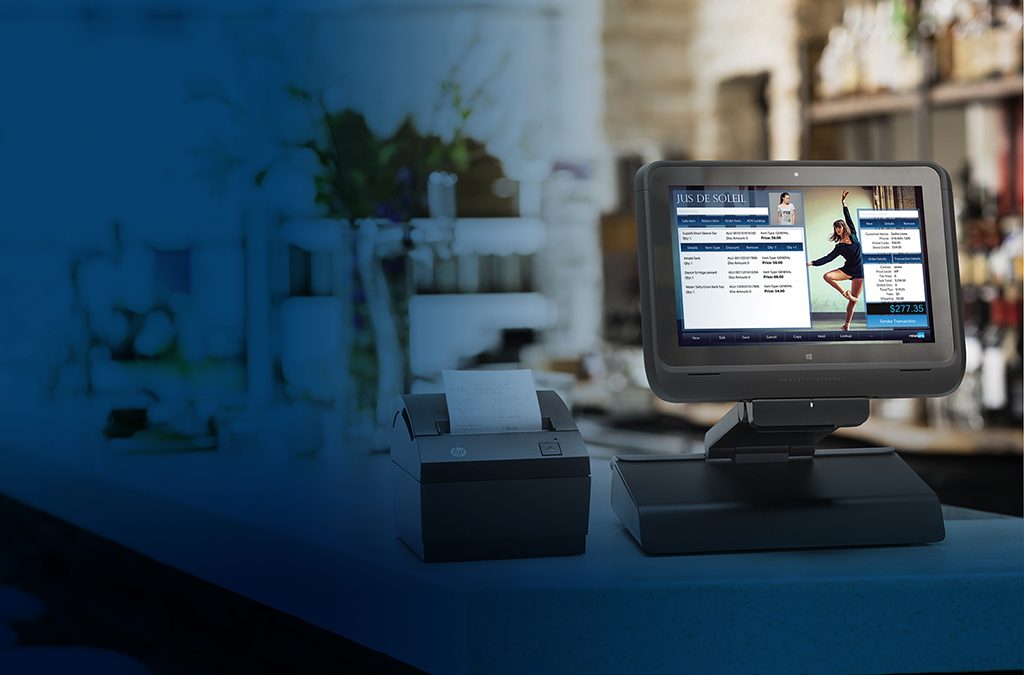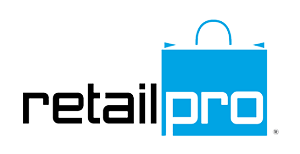
What To Look For In A Retail Management Solution

Choosing a retail management software can be a challenge in today’s world. There are numerous providers, and it can be difficult to determine which feature set is most applicable to your needs. Since the Indian market particularly prices sensitive, the cost of purchasing licenses and implementation of the solution across all stores usually becomes the biggest factor while choosing a retail management software. However, it is always good to know all the capabilities a retail management solution can offer, and determine the features that are most useful for your business.
In this article, we list out some of the mission-critical features that you must look for in any retail management solution that you shortlist. The features are split across different elements of retail management, namely POS, inventory management, reporting and customer management.

- Quick Look-Up of Items
- Multiple Payment Methods
- User Accounts and Permissions
Your catalog should still be easily accessible. Be sure to go with a POS that lets you quickly search or lookup products when ringing up sales. Ideally, this search feature is right on the sell screen so your cashiers won’t have to jump into another screen just to look up an item.
Go beyond traditional payment methods like cash and credit cards. Look for a POS that allows you to take mobile payments. You also want to be able to split a payment in case a customer wants to spread their payment across a few gift cards, a credit card and cash.
Unless you’re a one-person operation, chances are you’ll have multiple people working your registers. You need a system that allows you to create a user for each of them so that you can track the sales every person makes. This feature will ultimately allow you to set sales goals.
More importantly, permissions can be set for each employee on discounts, receipt cancellations and other items, to avoid any errors or theft. Using high levels of security on transactions made can make audit processes easy as well.

- Product variants and composites
- Auto-Filled Orders
- Promotions
Look for a system that allows you to create variants of products. Think about a clothing store, for instance. If they sell the same shirt in six colors, the system should be able to record that as the same shirt in multiple colors rather than as six different shirts.
Composite products are combinations of pre-existing products. They are also known as kits, bundles, packages. Such products make it easy to cross-sell items. For example, a person buying a shirt can be shown a package which contains the same shirt, along with a trouser and a belt.
Your inventory management system should also make it a snap to order more stock for your store. You should be able to both create the stock order in your system and then send it out to your suppliers through the system.
Some businesses will also benefit from a system that can automatically generate orders for them. If you have some items that are perennial, an auto-filling feature will save you a lot of time.
You may need to run promotions or discounts to move your inventory. Choose a system that lets you do this easily, so you won’t have to worry about manually updating prices or product info when you’re discounting.

- Product Reports
- Employee Reports
- Customer Reports
- Custom Reports
Your system must be capable of reporting on all your stock data for you. Such reports should include best and worst selling items, helping you make better merchandising and pricing decisions in the future.
Who are your top-performing associates? Is there anyone who needs to improve? Are you setting the right sales targets? With the right employee reporting tools, answering these questions would be a breeze.
Your retail management system should give you insights into who your best customers are and what you can do to engage them. Be sure to look for customer reporting when shopping around for a POS or retail system.
Ready-made reports are great, but sometimes you need build your own. For instance, let’s say you want to see a hybrid of a product report and outlet (or location) report so you can drill down on the specific items that are being sold at your stores. You can only do this if you have a system that offers flexible reporting.

Customer Management
- Searchable Customer Database
- Loyalty Programs
You’ll need your employees to look up a customer each time they ring someone. Your contact manager needs to record the purchase history of each client. This will allow your associates to return items when the receipt was lost, or even check in and see what a certain customer likes to buy. From a wider view, the purchase history will help you with such things as marketing and merchandising decisions.
Loyalty programs are not necessary, but they sure will help grow your business. Look for a solution that has built-in loyalty program software, making it easy for you to get one up and running.
Conclusion
Of course, Retail Pro offers all of these features and more. This article will have helped you determine the features that are most important to your business and have an informed discussion with your solution provider. A robust retail management system can clear the pathways to growth for your business, and allow you to focus on your core competencies. Don’t settle for less!



